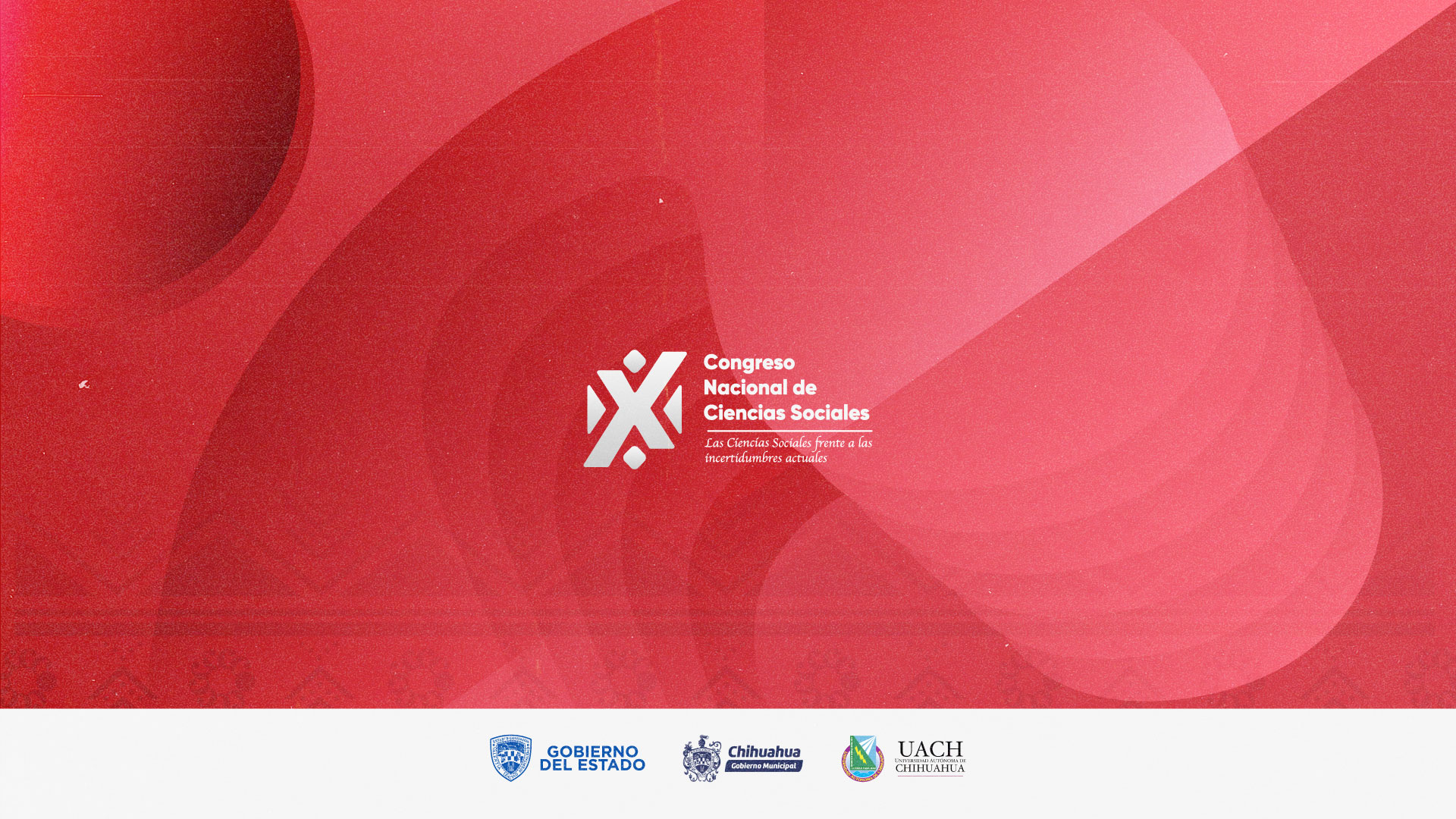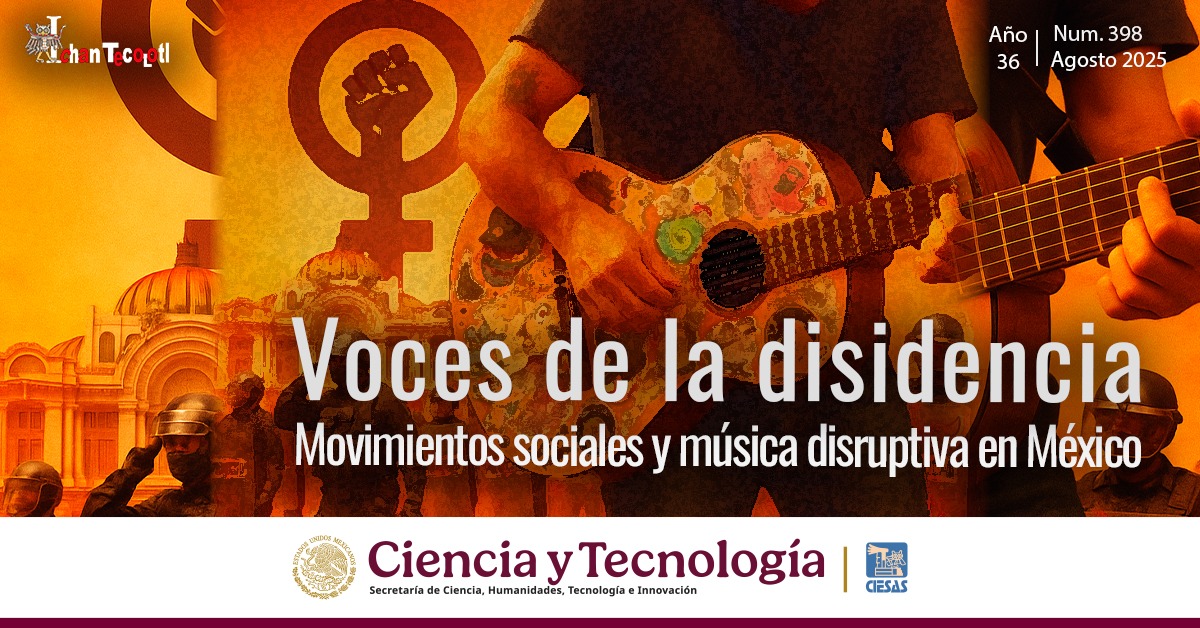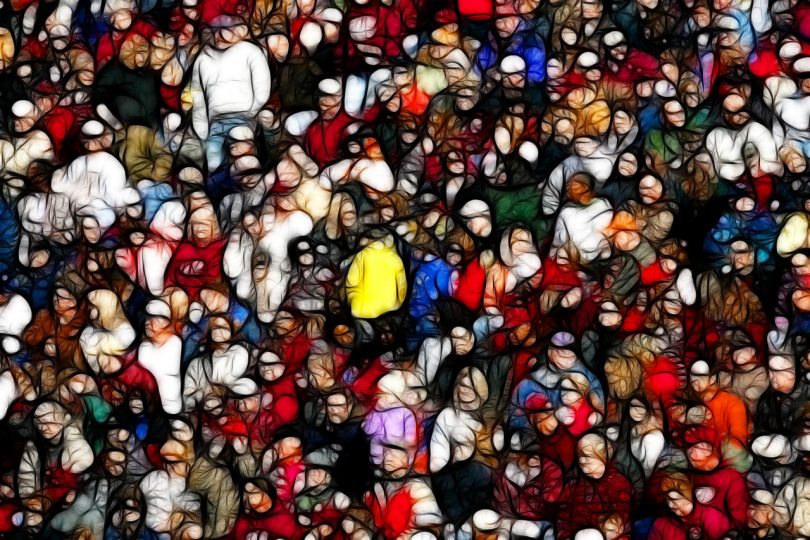Beyond Repression. Social Control of Protest and Participation in Illiberal Times
Call for papers for a panel “Beyond Repression. Social Control of Protest and Participation in Illiberal Times”
Panel chairs:
Thomas Chevallier
Postdoc Research Fellow IRISSO – Université Paris-Dauphine/PSL
Associated to CERAPS – Université de Lille thomas.chevallier@univ-lille.fr
Julien Talpin
Research Fellow in CNRS CERAPS – Université de Lille julien.talpin@univ-lille.fr
Keywords
Institutional work; mobilizations; associations; clientelism; repression; politicization
The Covid 19 pandemic has generated protests and mobilizations in many countries, framed around the potential “sanitary dictatorship” it would entail, targeting in particular the lack of consultation concerning the public health measures to mitigate the pandemic. The authoritarian or illiberal tendencies stimulated by the pandemic crisis are, however, deeper. Many scholars have pointed the rise of illiberal democracies and authoritarian practices,including in well-established representative governments (Brown, 2015; Hou and Knierbein, 2017). First characterizing new democracies, either in Latin America or Eastern Europe, theseundemocratic trends seem to diffuse to older democratic states, in both Western Europe and North America (Bogaards, 2009; Foa and Mounk, 2017; Merkel, 2021; Diamond 2021). This authoritarian turn embodied by attacks on the independence of the press or the academia, jeopardy of the rule of law, has also important consequences for social movements, NGOs and whistle-blowers: critical actors are increasingly seen as potential adversaries by governments and ruling political parties (Buyse, 2018; Della Porta and Steinhilper, 2021). Such transformations have resulted in a radicalization of repressive practices and of the policing of protest – for instance illustrated by the treatment of Independantists mobilizations in Catalunia, the pro-democratic movements in Honk-Hong or Taiwan, Feminist and Student movements in Chile or the Yellow Vest movement in France. As a matter of fact, the escalation of violence and repression has received renewed scholarly attention (see Della Porta, Fillieule, 2004; Fillieule and Jobard, 2020; Bloom, 2020).
We hypothesize, however, that the policing of protest and the use of force to constrain mobilizations is only the most visible manifestation of the transformations of the state/civil society relationships. The latter would also be marked by soft or discreet forms of repression or control of protest (Ferree-Marx, 2004; Garcia, 2014; Talpin, 2016; Maestri and Montforte, 2021) that still remain an under-documented phenomenon. It also takes the form of increased surveillance and administrative constraints to collective action, symbolic attacks on activists, institutional use of the judiciary to target critical actors, restriction of the financial autonomy of NGOs, etc. (Cunningham, 2008; Davenport and Oliver, 2020).
The roots of these phenomenon are diverse and frequently attributed to the rise of neo- liberalism and its lack of popular support (generating social tensions and a crisis of consent); terrorist attacks targeting liberal democracies that have resulted in a greater autonomy for police and judicial actors and a more restrictive legal framework for social movements; the Covid-19 pandemics that have often induced centralization of power in the hands of the executive branch, etc. The goal of this panel is less, however, to question the origins and root causes of these authoritarian trends, that to see them at work in practice in the interactions between social movements, NGOs and the state.
This context therefore requires putting back on the scientific agenda a classical question regarding the relationships between institutions, social movements and associations, and how they contribute to the construction of political hegemonies (Gaventa, 1978). Two fields of research have in fact developed in a relatively parallel way: on the one hand, works on public policies and the sociology of institutions have shown little interest in social movements and associative actors in particular (Le Galès, 2002); on the other hand, the sociology of social movements, while interested in the political conditions of mobilization (notably via the concepts of political and discursive opportunity structure, see Kitschelt, 1986; Tarrow 1990; Koopmans and Staham, 1999), has tended to privilege a national and macroscopic prism, offering little interest to the local expression of these issues, in the opportunities and constraints that the structuring of local governments generates for collective action and vice versa, therefore leaving under the radar many low-scale or informal movements.
Beyond, the illiberal tendencies mentioned above, this classical question deserves to be reexamined today in light of certain transformations in public action, such as the increasing blurring of the boundaries between the public and private sectors, the emergence of «governance» (Le Galès, 1998), if not «partnership-based public action» (Nicholls, 2006), resulting in the multiplication of logics of delegation (Smith and Lipsky, 1994) and participation (Sintomer and de Maillard, 2007) with private actors, including associations. While some works have sought to deconstruct these categories, the challenge here will be to question the consequences of these mutations for collective action (Holm and Kuhn, 2011; Uitermark and Nicholls, 2014; Kemp, Lebuhn and Rettner, 2015), but also on the functioning of the political field, public action or the forms of anchoring of local power. Between co-optation, institutionalization, channeling, disqualification and repression, what forms do the relations between protest actors or interest groups, on the one hand, and institutions, on the other, take? Are we observing a socialization of the former to partnership or an «ensauvagement of institutions» (Neveu, 2011)? The aim is to study the ordinary relationships between collective mobilizations and the State, and their reciprocal feedback effects. These questions can be more specifically articulated around three axes.
- The instruments of institutional control of collective action: grants, calls for proposals regardingfunding, charters, consultations, surveillance or policing mechanisms, etc. How do these instruments of public action (Lascoumes and Le Galès, 2007) shape the activities and autonomy of associations and other collective actors (Chevallier, 2020)? How do they contribute to selecting the actors involved in public action (Mitchell and Staeheli, 2005)? We will be particularly attentive to the way in which the material conditions of collective action contribute to the co-optation or channeling of certain actors (Bartley, 2007) or to the disqualification or repression of others (Davenport, Johnston and McClurg Mueller, 2005). This axis also aims to put into discussion research on clientelism and on the social control of mobilizations that have often remained divided (Auyero, Lapena, Poma, 2009; Earl, 2013).
- Institutional conflicts and intermediation work: this second axis will focus on the study of the interactions and intermediation work between institutions and collective actors. Can we observe conflicts between and within institutions, for example between representatives of the State and local authorities? What is the role of «brokers» (Diani, 2003), mediators of collective mobilizations, if not institutional militants from this perspective, and to what extent the transformations of institutional work has induced forms of depoliticizations ? Do we observe, therefore, relatively aligned and cohesive political and institutional fields? Can we observe sectoral, territorial or historical variations in this respect?
- Partnership socializations: A third line of research will aim to study the reciprocal socialization processes that result from participation in certain spaces, the effects of repeated interactions between activists and institutional actors. To what extent does this contribute to an alignment of their cognitive frames and practical references? Can we observe forms of shared political and professional socialization? There is also a lack of research on the trajectory of these intermediary agents, situated between citizens, NGOs and elected officials, and who play a fundamental role in the deployment of public action. While we know that the ordinary relationship with the state is played out in direct interactions between institutional agents and citizens (Soss, Weaver, 2017), there is stilla lack of work on the relationship to politics (and to their profession) of these front- office agents, but also of the actors involved in implementing public policies.
We expect abstracts of no more than 500 words, but which clearly present the theoretical framework and the methodologies and materials used. The research presented may be monographic or comparative, and can be based on either quantitative or qualitative methods. Abstracts are expected until February 10th, 2022. A response will be made around February 15th. The proposals will be sent to our two email addresses (see above).
Te puede interesar

Convocatoria para presentación de libros
Laura Gutiérrez - Dic 10, 2025FERIA DEL LIBRO X CONGRESO NACIONAL DE CIENCIAS SOCIALES “Las Ciencias Sociales frente a las incertidumbres actuales” INVITACIÓN PRESENTACIÓN DE…

Convocatoria Feria del libro
Laura Gutiérrez - Dic 03, 2025FERIA DEL LIBRO X CONGRESO NACIONAL DE CIENCIAS SOCIALES “Las Ciencias Sociales frente a las incertidumbres actuales” INVITACIÓN Información general…

Memorias del IX Congreso Nacional de Ciencias Sociales
Roberto Holguín Carrillo - Jul 02, 2025IX Congreso Nacional de Ciencias Sociales Las ciencias sociales y los retos para la democracia mexicana. Realizado en el Instituto…

Ichan Tecolotl, núm. 398
Laura Gutiérrez - Dic 10, 2025Ichan Tecolotl Año 36, Número 398 (agosto 2025) Voces de la disidencia. Movimientos sociales y música disruptiva en México Ver…

Curso Introducción al video etnográfico
Laura Gutiérrez - Dic 10, 2025Curso Introducción al video etnográfico 1. Objetivo Familiarizar a estudiantes o profesionales de la antropología y disciplinas afines con herramientas…










